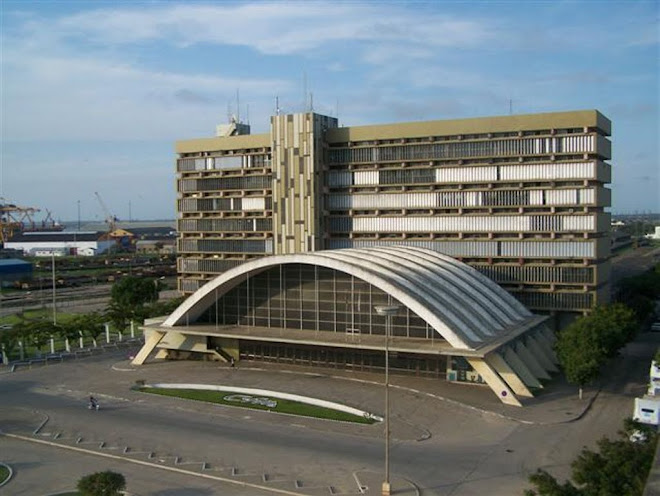There are a few bright spots such as Poland, The Czech Republic, Finland, Sweden, Norway, Germany, Austria perhaps a couple more, if as many. Even many of these countries now face tougher times with their own markets beginning to feel squeezed.
The Continent that boasted 4 major world car-making countries for decades: Germany, France, the UK, Italy.
It is not good enough to candidly say Volvo is now Chinese-owned or JLR is Indian-owned or mock the French State for trying to save Peugeot providing it with a lifeline.
Or realize Italy is now but a junior player in motor-vehicle production having been relentlessly overtaken by new producers who started from scratch.
Or the UK whose volume makers of indigenous brands disappeared altogether.
All these rather seem the outward signs of manufacturing decline brought about by unchecked globalisation, ultra-free capital flows and greedy profit.
Where would US industry be if the Obama Administration had not rescued GM 4 years ago allowing management time to turn its fortunes around? Or in pure capitalist logic is it indiferent for the US economy, society and country to have a GM or not to have it?
Yes there was downsizing, factory closures, brands were lost but the huge company is up and running again. Making cars in America at a profit. In fact, if the American market rebounds further, as looks increasingly likely, it might even open new factories once more.
Not fake growth based on deficits, excessive credit and excessive debt that triggered current woes. One that spurs production and consumption on balanced grounds.
It has been achieved in the past, why not revisit it again?
Unless Europe (at the highest levels) considers itself a spent force whose economy, society and political relevance in the larger world is inexorably set to decline absolutely.
I used to think up until recently it need be no more than a relative decline.
To that end European leaderships must pay much more than lip-service to its wounded economy.


For there are far too many variables that interplay in the world of business decisions.
Rising labour costs in China are of course a natural consequence of the country's growing wealth, development and social aspirations. China's hinterland, however, still holds vast reservoirs of untapped potential before the country's average costs become unattractive to many a Western company seeking to relocate manufacturing.
Then, there are still vast regions of the developing world whose supply of cheap labour, educated to varying degrees, is plentiful.
Short-term gain to individual companies has already spelt major loss to local communities and a country's economy as a whole. In brief, the sum total of individual companies' gains equals the total loss to a given economy's output. Social and other related losses are not even accounted for.
If the social-economic set-up has not changed relevantly from yesteryear - people still need to consume the same goods to have a decent living standard - manufacturing remains as vital as ever.
Whether the goods are made in A or B country is by no means irrelevant in the larger scheme of things.
Indeed countries that have lost siginficant chunks of manufacturing industry face permanent imbalances even where financial services are strongest as in the UK.